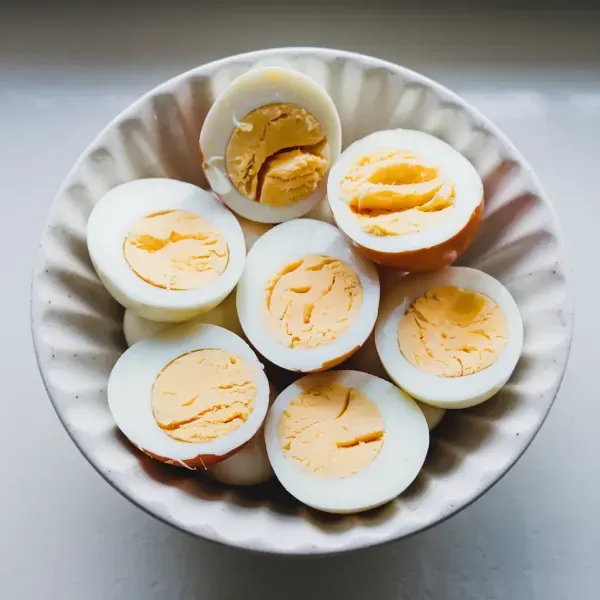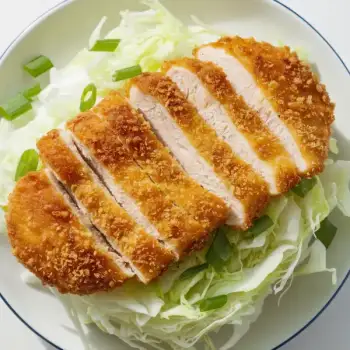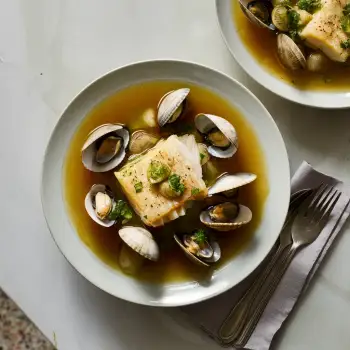
 11 minutes
11 minutesA simple and straightforward method for boiling eggs to your preferred level of doneness.


each
1. Prep Saucepan
Choose a saucepan with a lid that can comfortably accommodate the eggs in a single layer. Fill with 1 inch of water, cover, and set to boil.
2. Add Eggs
Once boiling, carefully place the eggs into the saucepan with a slotted spoon or place them on a steamer basket inside the pot. Cover with the lid.
3. Boil to Perfection
Cook the eggs, maintaining a strong boil: - Soft Boiled: 6 minutes for runny yolks and set whites. - Medium Boiled: 8.5 minutes for partly set, fudgy yolks. - Hard Boiled: 11 minutes for fully set yolks.
4. Cool Down
Drain the eggs. For immediate consumption, peel them. To store, let them cool naturally and refrigerate in their shells for up to a week. Mark with a permanent marker to differentiate from raw eggs. Avoid an ice bath post-cooking to ease peeling.
A classic appetizer or side dish, deviled eggs involve halving hard-boiled eggs, removing the yolks, and mixing them with ingredients like mayonnaise, mustard, and spices before piping the mixture back into the egg whites.
Medium-boiled eggs can be marinated in a mixture of soy sauce, mirin, sake, and sugar to create flavorful ramen eggs, perfect for adding to a bowl of ramen or enjoying as a snack.
Hard-boiled eggs can be chopped and mixed with mayonnaise, mustard, celery, and herbs to create a delicious egg salad. This can be served on bread, with greens, or as a dip.
Wrap a soft or medium-boiled egg in sausage meat, coat in breadcrumbs, and then bake or deep-fry to get a crispy outer layer with a tender egg inside.
For this Japanese-inspired twist, soak peeled, hard-boiled eggs in a mixture of soy sauce, mirin, and a touch of sugar. Let them marinate for several hours or overnight in the fridge. The eggs will absorb the umami-rich flavors, becoming a tasty snack or addition to a meal.




Comments (0)